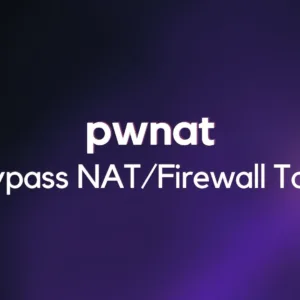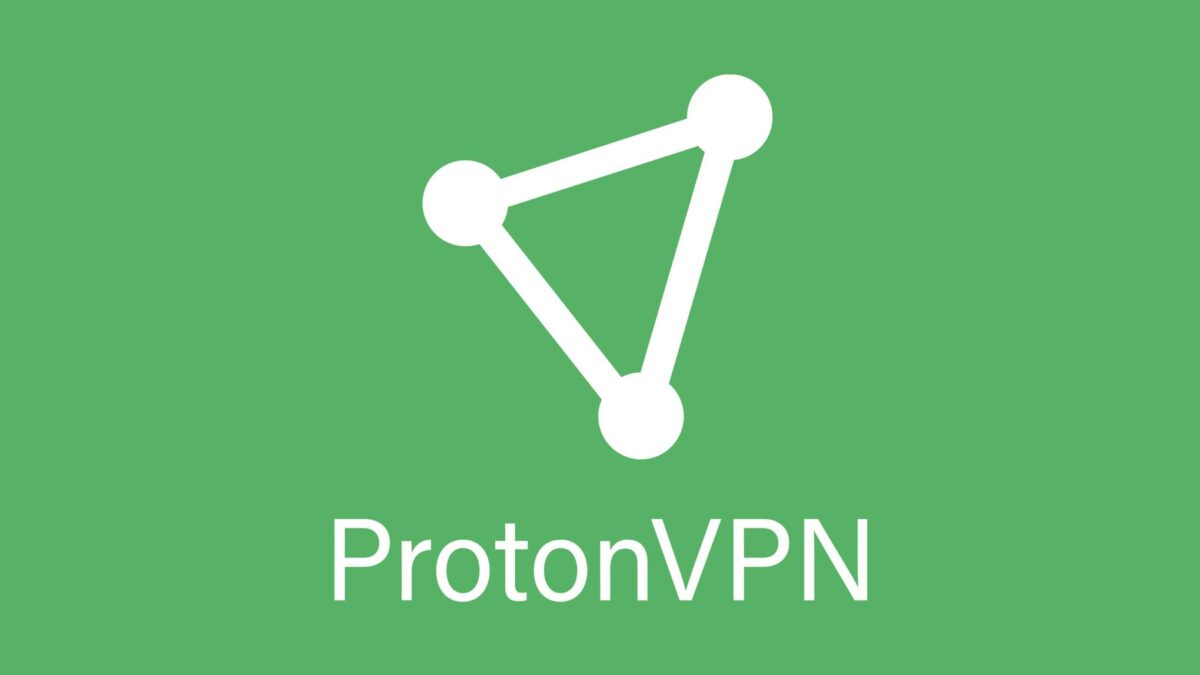In today’s digital landscape, ensuring online privacy and security has become increasingly important. Virtual Private Networks (VPNs) are powerful tools that can help safeguard your online activities. ProtonVPN is one such VPN service that has gained popularity for its strong focus on security and privacy. In this article, we will delve into the pros and cons of ProtonVPN to help you understand its key features and evaluate whether it suits your needs.
Pros of ProtonVPN:
- Robust Security Measures: ProtonVPN is known for its strong commitment to security. It employs AES-256 encryption, which is considered highly secure and virtually unbreakable. This encryption ensures that your online activities and data remain private and protected from prying eyes.
- Strict No-Logs Policy: A significant advantage of ProtonVPN is its strict no-logs policy. This means that the service does not store any information about your online activities, such as your browsing history or connection timestamps. With ProtonVPN, you can have peace of mind knowing that your data is not being logged or shared with third parties.
- Swiss-Based Jurisdiction: ProtonVPN is based in Switzerland, a country renowned for its strong privacy laws and respect for user rights. The Swiss jurisdiction adds an extra layer of protection, as it is not part of any intelligence-sharing alliances, such as the Five Eyes. This makes ProtonVPN an attractive choice for individuals seeking enhanced privacy.
- Advanced Features: ProtonVPN offers several advanced features that further enhance its appeal. These include the Secure Core feature, which routes your traffic through multiple servers in privacy-friendly countries, providing an additional layer of protection against network-based attacks. ProtonVPN also incorporates DNS leak protection, kill switch functionality, and supports Tor over VPN for users requiring heightened anonymity.
Cons of ProtonVPN:
- Limited Server Network: One notable downside of ProtonVPN is its relatively small server network compared to some of its competitors. While the service has been expanding its infrastructure, there may be instances where certain locations are not available or experience slower speeds due to server congestion.
- Speed and Performance: While ProtonVPN aims to provide a secure browsing experience, some users have reported that the service’s speed and performance can be inconsistent. This issue may vary depending on your geographical location and the specific server you connect to.
- Pricing Structure: ProtonVPN offers both free and paid subscription plans. The free plan allows limited access to servers and features, which may not be sufficient for those with higher demands. The paid plans, while offering more comprehensive features and server options, can be relatively expensive compared to other VPN providers.
- Customer Support: Some users have expressed concerns regarding the responsiveness of ProtonVPN’s customer support. While the service does offer support channels, including email and a knowledge base, the availability and timeliness of support responses may vary.
Security measures to prevent data leakage
Data leaks can be a major concern for users of any online service, including VPNs. In this article, we will explore the topic of data leaks in relation to ProtonVPN, aiming to clarify common misconceptions and provide a comprehensive understanding of the service’s approach to data security.
- Defining Data Leaks: Data leaks occur when sensitive information, such as user data or browsing activity, becomes exposed or accessible to unauthorized individuals or entities. It is essential to distinguish between actual data leaks and misunderstandings or misinterpretations regarding the handling of data by VPN providers like ProtonVPN.
- ProtonVPN’s No-Logs Policy: ProtonVPN maintains a strict no-logs policy, which means it does not store any data related to user activities or personally identifiable information (PII). This policy ensures that even in the unlikely event of a data breach or external request for user data, there is minimal or no information available for compromise.
- Clarifying Connection Metadata: One area of confusion often relates to connection metadata, which includes information such as the date, time, and duration of a VPN connection. It’s important to note that ProtonVPN only retains minimal connection metadata, which is required for operational purposes, network optimization, and abuse prevention. This metadata does not expose any user-specific activities or compromise user privacy.
- Transparency and Security Audits: ProtonVPN demonstrates a commitment to transparency and accountability by regularly commissioning independent security audits. These audits are conducted by renowned cybersecurity firms to assess the infrastructure, protocols, and overall security measures implemented by ProtonVPN. The results of these audits provide reassurance to users regarding the absence of data leaks and adherence to industry best practices.
Encryption: The Cornerstone of ProtonVPN’s Security
Encryption plays a fundamental role in ensuring the confidentiality and integrity of data transmitted over the Internet. In this article, we will explore the importance of encryption in the context of ProtonVPN and how it contributes to a secure and private online experience.
- Understanding Encryption: Encryption is the process of encoding data in a way that makes it unreadable to unauthorized parties. In the context of VPNs, encryption secures the communication between your device and the VPN server, protecting your data from interception or surveillance. ProtonVPN employs strong encryption algorithms to safeguard user information.
- ProtonVPN’s Encryption Standards: ProtonVPN utilizes AES-256 encryption, which is widely regarded as highly secure and robust. AES-256, or Advanced Encryption Standard with a 256-bit key length, is currently the industry standard for encryption. It is considered virtually unbreakable and ensures that your data remains confidential even in the face of sophisticated attacks.
- Perfect Forward Secrecy: ProtonVPN also implements Perfect Forward Secrecy (PFS) in its encryption mechanism. PFS ensures that even if an encryption key is compromised, it does not compromise past or future sessions. Each VPN session generates a unique encryption key, providing an additional layer of protection against potential breaches.
- OpenVPN and IKEv2/IPSec Protocols: ProtonVPN supports industry-standard VPN protocols, including OpenVPN and IKEv2/IPSec. These protocols incorporate strong encryption algorithms and provide a
ProtonVPN presents a strong option for individuals seeking a secure and privacy-focused VPN solution. Its robust security measures, strict no-logs policy, and Swiss-based jurisdiction are key advantages. However, the limited server network, potential speed issues, pricing structure, and customer support concerns should be taken into consideration when evaluating ProtonVPN. Assessing your specific requirements and priorities will help determine if ProtonVPN is the right choice for you.





